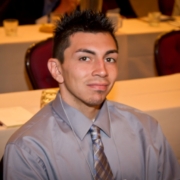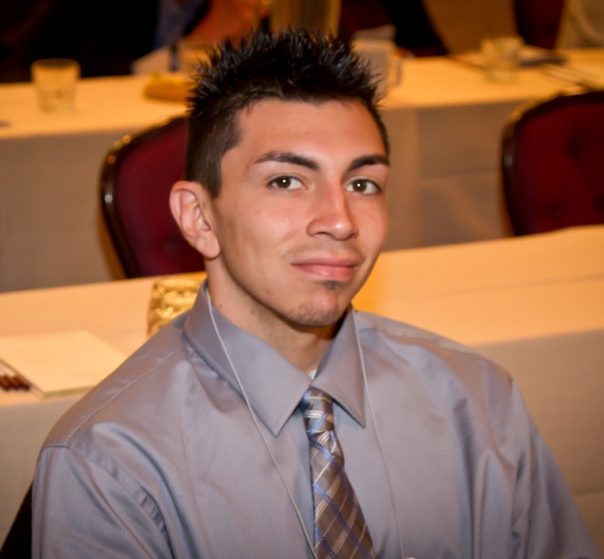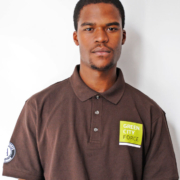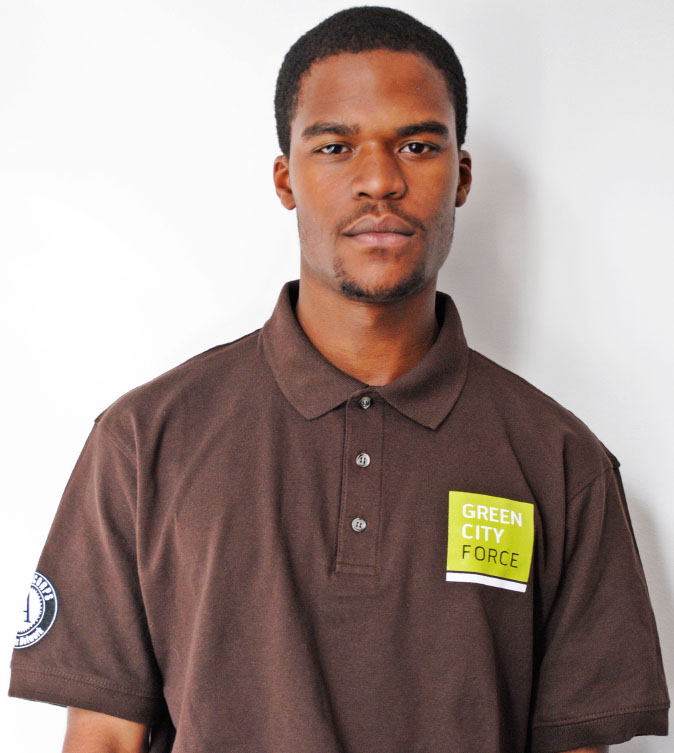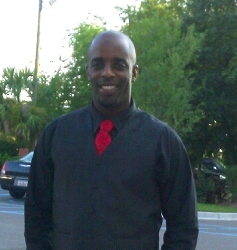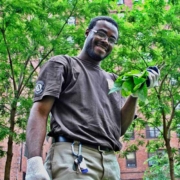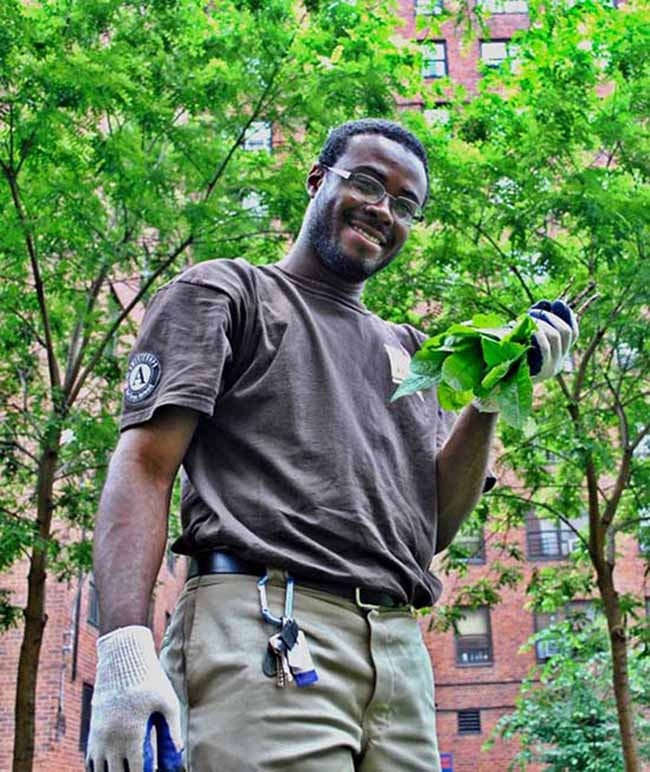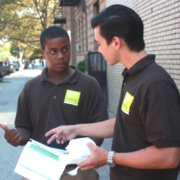2012 Corpsmember of the Year: Jessica Johnson
***Update! Click here to find out what Jessica has been up to since she won her award.***

Jessica Johnson arrived at Centennial Job Corps CCC with a high school diploma and a strong drive to achieve new goals in her life.
Jessica says that “participating in the Job Corps program gave me many options that I did not previously have. When I enrolled in May of 2009, I never dreamed that 18 months later I would be a USDA Forest Service employee.”
In addition to obtaining office administration skills in Centennial’s Business and Finance program, Jessica also participated simultaneously in the rigorous physical training that is necessary to become one of Centennial’s firefighters. Well-respected by fire crew bosses and her peers, Jessica was dispatched on every fire call and established a stellar reputation for herself. Consequently, she was accepted to Advanced Fire Management training at Schenck Job Corps CCC in the fall of 2010 and continued to prove that she was a dependable and hard-working employee.
As a result of her consistent and excellent job performance at Schneck, Jessica was recruited to apply for a seasonal firefighter position with the Boise National Forest in the spring of 2011. She recently finished a season of firefighting with an engine crew, and has been able to purchase her own vehicle and start a savings account with some of her income.
Being hired in the Boise area was an additional benefit for Jessica because she has been able to stay near her family. She particularly enjoys spending time with her nieces and nephews and helping to care for them. Jessica also values the positive example she helps set for them through her motivation, working out regularly, eating a nutritious diet, and cultivating positive relationships with her friends and family. Jessica would like to continue on her pathway to success by next securing full-time employment with the Forest Service.


